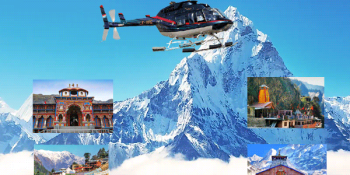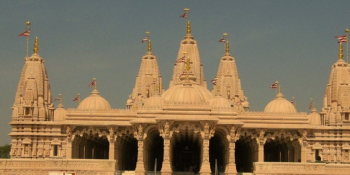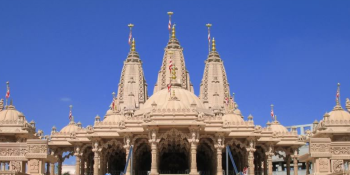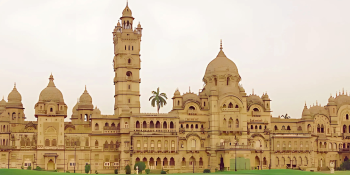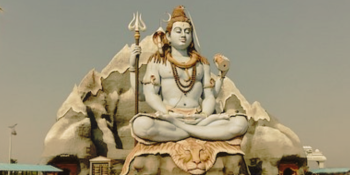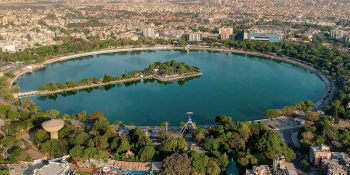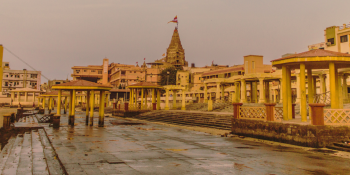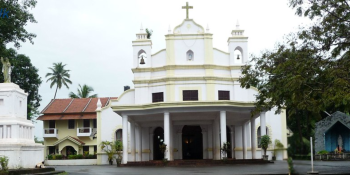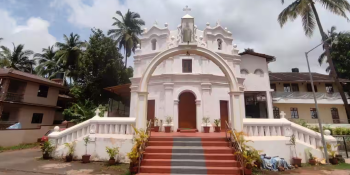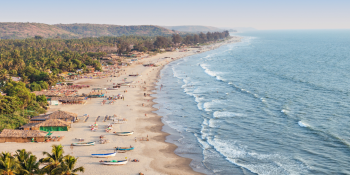The world is a tapestry of diverse cultures, each woven with its own unique festivals and events that celebrate traditions, beliefs, and values. From religious observances to cultural extravaganzas, these gatherings offer insights into the heart and soul of communities worldwide. Let’s embark on a whirlwind journey exploring some of the planet’s most remarkable festivals and events.
One of the most renowned festivals is Rio de Janeiro’s Carnival, a vibrant explosion of music, dance, and color that takes over the streets every year. With samba schools competing for top honors, Carnival is a spectacle of elaborate costumes, rhythmic beats, and exuberant parades, attracting millions of revelers from around the globe.
In contrast, Japan’s Cherry Blossom Festival, or Hanami, is a serene celebration of nature’s beauty. During springtime, cherry blossoms blanket the country in delicate hues of pink, inspiring locals and tourists alike to gather under the blooming trees for picnics and contemplation, symbolizing renewal and the fleeting beauty of life.
Traveling to Spain, the Running of the Bulls in Pamplona is a heart-pounding event that combines adrenaline with tradition. Every July, daring participants dash through the narrow streets, pursued by massive bulls, in a test of bravery and agility that dates back centuries, attracting thrill-seekers from around the world.
For those seeking a spiritual experience, India’s Kumbh Mela is an awe-inspiring pilgrimage that occurs every twelve years, rotating between four sacred locations. Millions of devotees gather to bathe in the holy rivers, seeking purification and enlightenment, making it one of the largest religious gatherings on Earth.
In the United States, the annual Burning Man festival in Nevada’s Black Rock Desert is a radical experiment in community, self-expression, and art. For one week, participants create a temporary city based on principles of inclusion and creativity, culminating in the burning of a towering wooden effigy, symbolizing rebirth and renewal.
Turning to Africa, the Festival au Désert in Mali offers a glimpse into the rich cultural heritage of the Tuareg people. Against the backdrop of the Sahara Desert, musicians and nomadic tribes gather to celebrate with music, dance, and storytelling, fostering cross-cultural exchange and preserving ancient traditions.
In Thailand, the Songkran Festival marks the traditional Thai New Year with a joyous water fight that spans the entire country. Symbolizing the washing away of sins and the ushering in of a fresh start, revelers douse each other with water guns and buckets, turning the streets into a playful battleground of laughter and camaraderie.
Heading to Europe, Oktoberfest in Munich, Germany, is the world’s largest beer festival, attracting millions of visitors to indulge in bratwurst, pretzels, and, of course, copious amounts of beer. With lively music, colorful parades, and rows of festive beer tents, Oktoberfest is a celebration of Bavarian culture and hospitality.
Lastly, the Chinese New Year, or Spring Festival, is a time of family reunions, feasting, and fireworks that marks the beginning of the lunar calendar. From dragon dances to red lanterns adorning the streets, the festivities symbolize hopes for prosperity, luck, and happiness in the year ahead, uniting communities in joyful celebration.
In conclusion, the world’s great festivals and events offer a kaleidoscope of experiences that celebrate the diversity of human culture. Whether it’s a riotous carnival in Brazil, a serene cherry blossom viewing in Japan, or a spiritual pilgrimage in India, these gatherings serve as reminders of our shared humanity and the power of tradition to unite and inspire us all.
